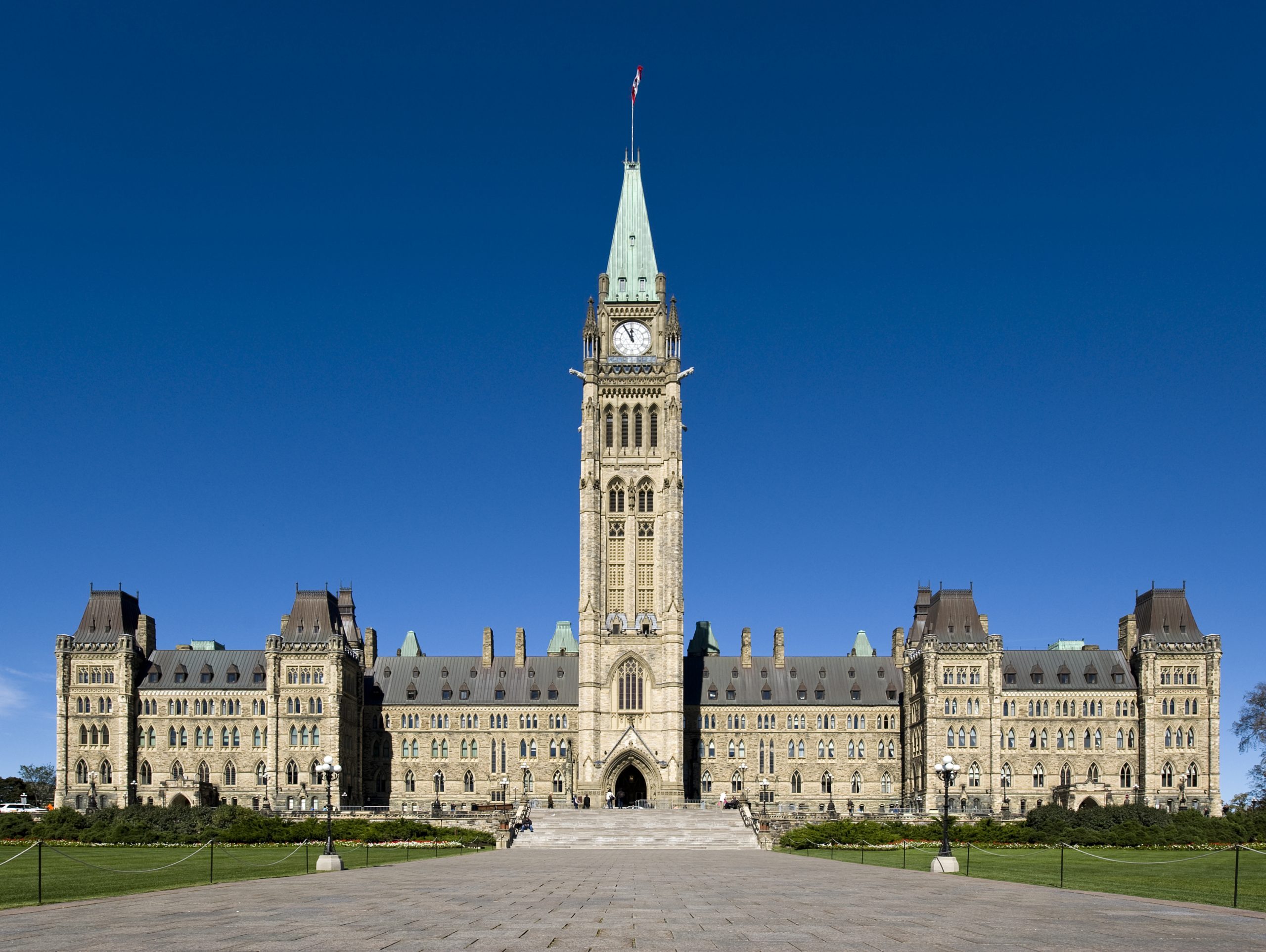Tomorrow, Paul Martin will be delivering a fiscal update but, unlike other years, it will include a mini-budget. Hopefully, "mini" won’t be the guiding objective for establishing a direction for Canada’s budgetary stance. What we need is a "maxi" plan to address the critical long-term economic issues faced by Canada.
The economy is doing very well right now, so it is easy for Canadians to be complacent about our future. However, the world has changed a great deal, so achieving greater prosperity in the future will be a constant challenge. People and businesses are much more mobile today, and they will move to those countries that present the greatest economic opportunities.
Compared with many countries, including Finland, Ireland, the Netherlands, the United Kingdom and the United States, Canada has been slipping in terms of its standard of living. Even the exchange rate is still stuck in quicksand at the level of US67¢, despite the recent run-up of resource prices. Although the United Nations — totally irrelevant for determining who makes investment decisions in today’s world — might think Canada is the best country in the world, Canada just does not stick out as the country in which to build wealth, in the eyes of entrepreneurs.
All this must be disappointing to a Minister of Finance who has successfully addressed our fiscal mess of the early 1990s. Even though most federal and provincial governments are now running surpluses and incomes are starting to rise, Canada’s economic growth is still below that of many other countries, including the United States. The "mini-budget" should therefore show how Canada is shifting to a new course of action by undertaking policies that will make Canada the place to be in North America.
The budget should address two policies that are continuing drags on the economy: high taxes and excessive public debt.
Taxes are our number one problem. Back in 1970 when Pierre Trudeau was in power, Canada’s taxes as a portion of GDP were 30%, about the same as for the United States. Today, Canada’s tax/GDP figure is almost 37%, while the U.S. figure has barely changed. Even using a broader measure of total receipts, including Crown corporation profits and user fees as well as taxes, Canada’s total far outstrips that of the U.S., at 44% v. 35%. Although defenders of Canada’s high-tax policies might argue this is a reasonable price to pay for good-quality public health care, education and infrastructure, the sad thing is that Canada’s expenditures on these important programs have not increased as fast as U.S. expenditures. Instead, Canadian governments have grown faster than U.S. governments because they have ramped up spending on unemployment insurance, social welfare, regional development, job creation programs and most important, public debt charges. Our high taxes have been paying for ineffective public programs and fiscal mismanagement.
But we should not discount the importance of public debt for another reason. Federal and provincial debt is still more than 85% of GDP. Although this is lower than in far-from-stellar-performing economies such as Japan, Belgium and Italy, it is still high by OECD and historical standards. Public debt is a tax liability that we leave to the next generation. That generation could face higher tax rates since its working population will be smaller than the current population, given demographic trends. The cost of public debt charges, still almost 8% of GDP today, will be a substantial tax liability for our kids in 20 years. But our kids are much more willing to move to other countries if they have to face high tax rates in Canada to pay for public debt, health care and elderly benefits. They will simply move elsewhere rather than face confiscatory taxes on a shrinking population.
The mini-budget could assure Canadians that we are ready to pursue a new approach to our fiscal affairs. We must seriously reduce both current and future taxes. Taxes should be reduced to a level of 30% of GDP in the next decade if we are to be sufficiently competitive. To help achieve this reduction in the future, we should reduce debt in order to greatly lower public debt charges.
There are areas in which public expenditures must grow, but these priorities should be accommodated only by a judicious cut in ineffective public programs. Last year, a C.D. Howe Institute commentary showed how the federal government in five years could limit increases in per-capita expenditures to the rate of inflation while spending more on health, defence and research and development, and cutting expenditures on less important priorities. In other words, all of the fiscal surpluses could be devoted to tax cuts and debt reduction. A more aggressive approach to expenditure reform could result in even greater tax cuts.
What kind of tax cuts do we need? Without doubt, we need to cut personal income taxes and business taxes to encourage investment. However, we should not lose sight of the fact that any tax cuts should improve the tax system, not make it more complicated, less fair and inefficient. Many proposals for targeted cuts only serve to make large holes in the tax system, increasing opportunities for tax avoidance. Instead, we should cut taxes and remove ineffective incentives to make the tax system more efficient and fair.
For example, a proposal to allow for the deduction of repayment of student loans from taxable income only rewards students and families who choose to accumulate less income to pay for tuition costs. The policy simply encourages greater debt loads. If the intent is to encourage young Canadians to stay in Canada, why not have a "young age credit," equal to $1,000 a year, available to those below 30 years of age to recognize the costs they bear when starting their families and careers? This would be more sensible than providing tax relief for families who only borrow money to pay for the cost of education.
Tax reforms that remove excessively high levels of tax on investment and savings are most critical for the future. Canada could really differentiate itself from the United States by eliminating the tax on income from savings and investment. This should not be targeted to capital gains or venture capital. Instead, we should tax expenditures (income net of savings) to remove double taxation of savings from earnings already subject to tax.
Major tax reduction, today and tomorrow, coupled with substantial tax reform, would unlock the economy so it could expand beyond anyone’s belief. A "mini" budget should lead to Canada becoming the world’s fastest-growing economy for the next decade.
Jack Mintz is president and CEO of the C.D. Howe Institute and the Arthur Andersen professor of taxation at the Rotman School of Management at University of Toronto.


